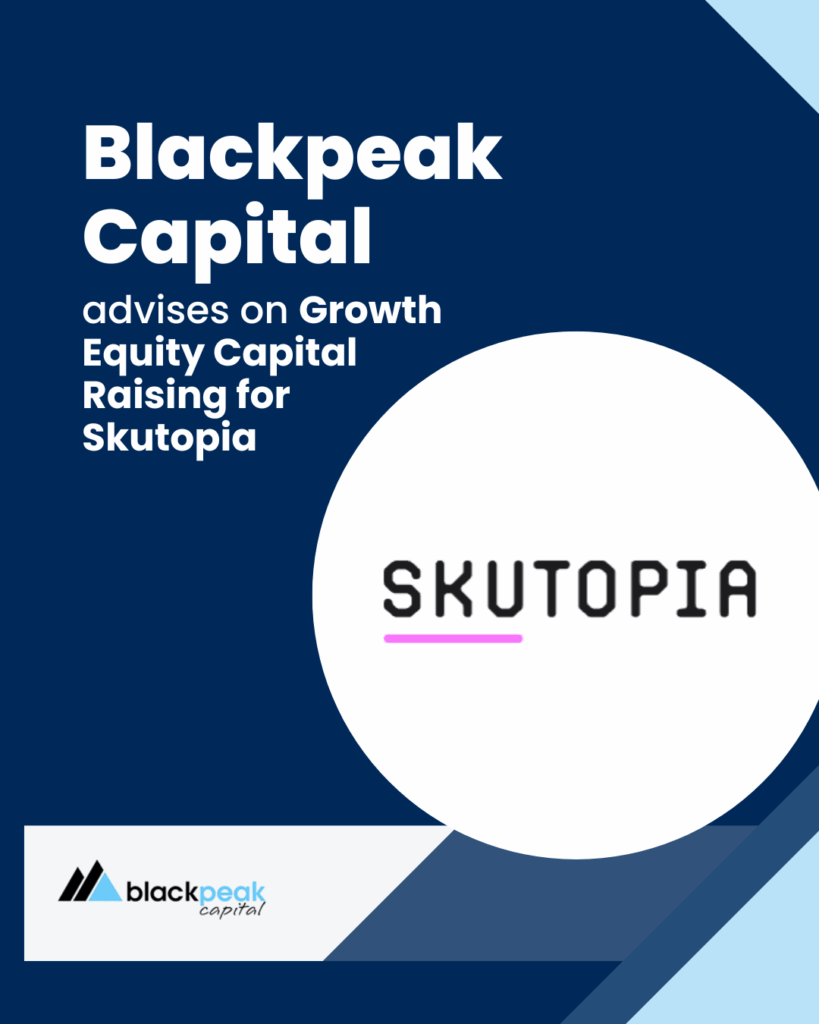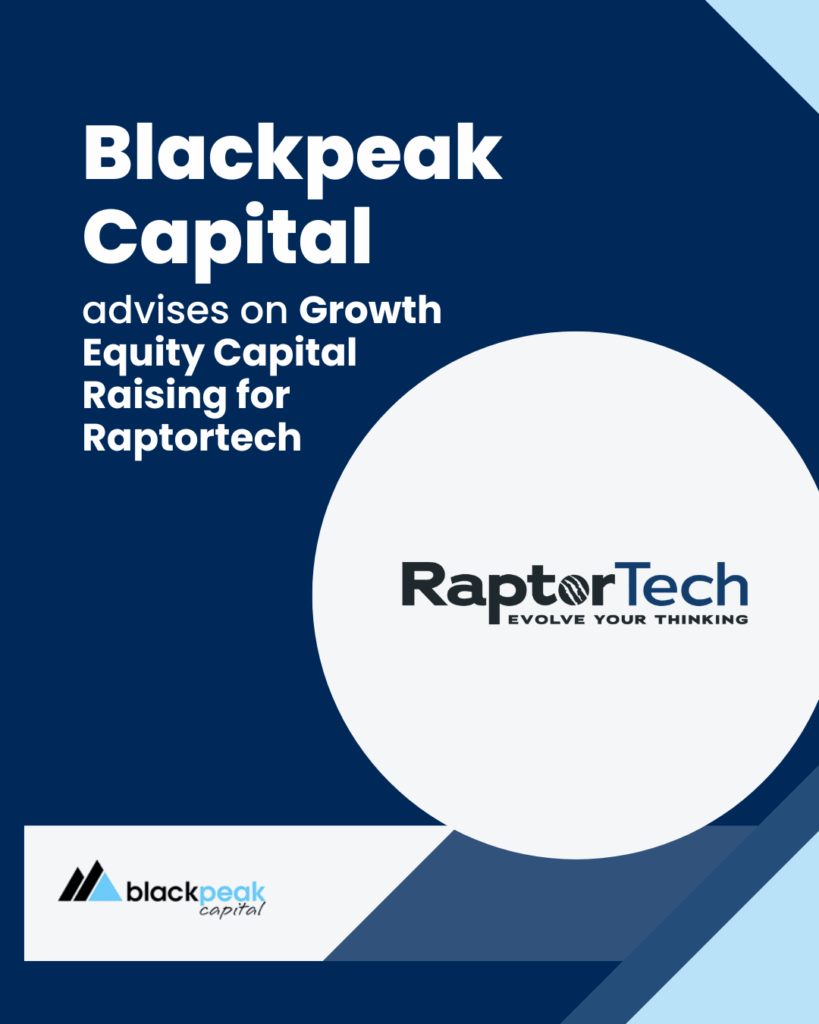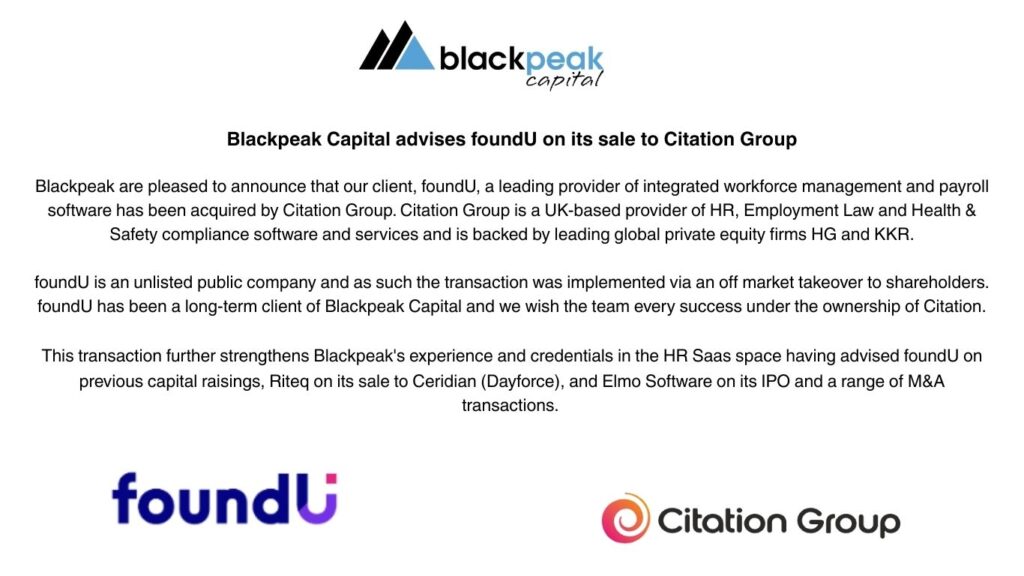A quantum computer would prove infinitely more powerful than a classical computer for making complex calculations and decisions, and SQC’s corporate backers have been involved not just for the potentially lucrative future financial returns, but also to learn and influence development.
Area of national importance
Professor Simmons said SQC was in discussion with its existing backers about follow-on investment. It was also possible the federal government could double down on its existing backing of the company through an upcoming $1 billion critical technology fund, which names quantum computing as a target area of national importance.
“People that have worked with us for a while are very excited about the technology … It is a technology that is strategic for the country, which is obviously why government invested in the first place, and it is going to remain strategic for a long period of time,” she said.
“The key things we’re excited about is that we have got these milestones down, which we’ve been hitting, and some of those ahead of time.”
While she cannot publicly discuss details yet, Professor Simmons said she was confident the upcoming publication of a “big milestone” would generate excitement among investors and also reverberate around the manufacturing sector in Australia.
In its 2017 seed funding round UNSW and the federal government were the biggest investors with $25 million apiece, while CBA tipped in $14 million, Telstra $10 million and the NSW government $8.7 million.
CBA chief information officer technology Brendan Hopper said the bank was keen to keep working with SQC as a shareholder and as a potential customer of the company.
“CBA believes SQC has both the world-leading vision and relentless focus on engineering quality that uniquely positions it to be a future world leader in quantum computing,” he said.
“The existing global semiconductor industry is built around silicon technologies, which we believe gives SQC significant competitive advantage, and we are starting to work with SQC on our first financial use cases.”
Telstra’s group executive of products and technology, Kim Krogh Andersen, said he believed quantum computing would be a disruptive and transformative technology over the coming decades, and that Telstra’s early investment would help Australia build a “world-class technology nation”.
Professor Simmons said the funding would be used to complete the building of a 100-qubit processor and to reach a point where the company had built something commercially relevant, rather than theoretically important.











